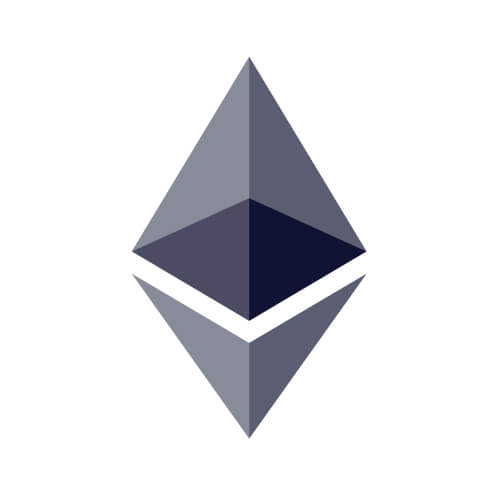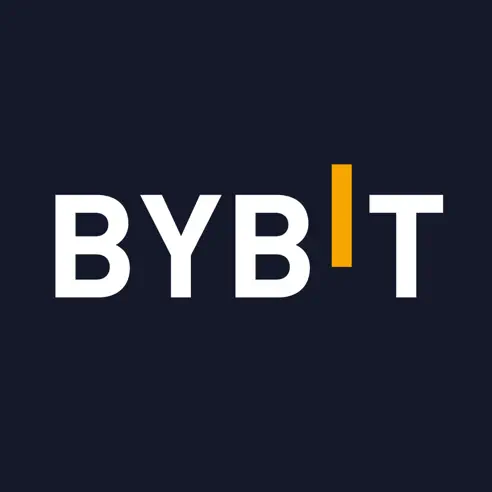A
Decentralised Exchange, also known as a DEX is a peer-to-peer marketplace which allows users/traders to trade assets between themselves, without the need for any third parties. DEXs were built to disrupt the way we exchange financial assets.
Banks, payment processors, brokers and the entire financial industry will change and reshape itself around decentralised finance. Decentralise Exchanges utilise the ultimate power of Smart Contracts, providing power to the people. Without DEXs, DeFi would cease to exist, so it is important to understand what a Decentralised Exchange is, how they work and how you can utilise them to your advantage.
How does a Decentralised Exchange (DEX) work?
Firstly, there are 3 types of DEXs: AMMs, Aggregators & Order Book DEXs. The easiest way to explain it is to take an example. In our case, let’s choose PancakeSwap. Pancake Swap uses what’s called an AMM Model, aka the Automated Market Maker.
When a user wants to swap an asset on the DEX, let’s say BNB – FLOKI. The transaction will be sent through to the smart contract, which guarantees the finality of your transaction, securely! Where does the money come from? Simple answer, Liquidity pools!

AMM (Automated Market Maker) DEXs
An AMM stands for Automated Market Maker which is a variation of a Decentralised Exchange (DEX). AMMs allow users to trade/swap crypto or any other asset on the blockchain without the need for third parties or any centralised entities!
Simply put, Automated Market Maker DEXs are just a collection of smart contracts where users can deposit crypto to provide liquidity and create liquidity pools (LPs). This is what the power of DeFi has to offer. No banks! No overpricing middlemen! Just P2P transactions!
One frequently asked question I must answer is, “How does it know the correct pricing of each cryptocurrency, e.g. Bitcoin BTC?”
Well, simply put AMMs include mathematical formulas that are able to set the price accurately.
Order Book DEXs
Order Books for Centralised and Decentralised Exchanges work differently as expected. Centralised Exchange Order Books are controlled by the CEX itself, whereas in a DEX, the Order Books are maintained by the users who create the orders themselves, meaning pure decentralisation, through and through.
Simply explained, a decentralised order book is a list of all the buy/sell orders of a specific cryptocurrency trading pair. All of the orders remain within the Order Book until a trade has been performed. An example of a protocol that uses an Order Book is the WooFi DEX.
DEX Aggregators
One of DeFi’s best and most simple innovations is the introduction of DEX aggregators. Aggregators will gather liquidity from a variety of different Decentralised Exchanges which allows users to find the best possible prices for any trade they are looking for.
DEX Aggregators are especially great for users who trade crypto frequently. As mentioned, they have the ability to find the best possible prices, while also minimising the slippage and the associated trading fees!
An example of a DEX Aggregator is the 1inch Network, which is available on the Ethereum, BNB Chain and many other networks. In conclusion, to find the best rate, find the best DEX aggregator!
Top Decentralised Exchanges (DEXs)
Now that you know a bit about DEXs and how they work, let’s dive through some of the top decentralised exchanges on some of the best blockchains!
Uniswap
Home Network: Ethereum
Ethereum’s leading DEX is and has always been Uniswap. In fact, Uniswap rules most networks when it comes to decentralised exchanges. You can find Uniswap on Arbitrum, Optimism, Polygon and many other networks.

PancakeSwap
Home Network: BNB Chain
PancakeSwap is one of the best and most innovative decentralised exchanges. Now, you can use PancakeSwap on many different networks such as opBNB, Aptos, Ethereum, Linea and many more.

Camelot DEX
Home Network: Arbitrum One
Camelot has not been around for too long, however is native to the Arbitrum network and is known for its launchpad and obedience to the Arbitrum network.
Another option would be to use Uniswap, which is also the most popular DEX to use on the Arbitrum One network.

MinSwap
Home Network: Cardano
Native to the Cardano blockchain is the leading decentralised exchange, MinSwap. Cardano is becoming a major network to engage with and the first stop will be MinSwap!

Trader Joe
Home Network: Avalanche
One of the greatest decentralised exchanges lives on the Avalanche network and goes by the name Trader Joe. Trader Joe has a wide range of products and features and can now be found on three other leading networks such as Ethereum. BNB Chain and Arbitrum One.

Quickswap
Home Networks: Polygon/Polygon zkEVM
Leading the DEXs on the Polygon and Polygon zkEVM networks is the almighty Quickswap. This DEX has great features and an awesome gaming hub! Quickswap is a first choice to most and is definitely worth checking out if you are yet to use the Polygon or Polygon zkEVM networks.

Velodrome
Home Network: Optimism
Native to the popular network is the Velodrome DEX, which has become the desired hub to swap, provide liquidity and stake on the Optimism network. An alternative choice to Velodrome could also be leading Decentralised Exchange, Uniswap which we mentioned at the beginning.

Osmosis
Home Network: Cosmos
Originating from the Cosmos network is the ultimate IBC-Enabled DEX, Osmosis. Osmosis is by far the ultimate and most popular location within the Cosmos ecosystem. Stake, Liquid Stake, Farm and much more more all on the Osmosis protocol!

Conclusion
Decentralised Exchanges are a necessity to every blockchain and that is why we have an expansive list of DEX Tutorials on our YouTube channel.
Nowadays, most DeFi wallets such as Metamask, Phantom and Trust Wallet have the built-in swapping feature. Beware however that these wallets may not have the best rates and you may find yourself spending more on fees due to the convenience of swapping directly through your wallet.
If you need a hand navigating these decentralised exchanges, check out our Tutorial videos over on YouTube. We also cover so much more than Decentralised Exchange Tutorials, including airdrop tutorials, market updates, technical analysis, crypto news and whatever you can think of…











